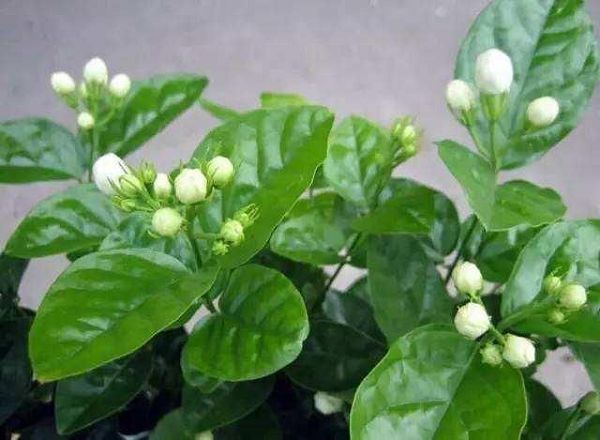How to maintain flowers during dormancy

In winter, some flowers often have a dormant or semi-dormant period. At this time, the water content of the plant decreases, the storage material increases, the metabolism is weakened, and the exchange with the external substances is slow. In response to these problems, winter is often careful to care for these flowers.
Pay attention to the room temperature
During the dormancy period of flowers, it is necessary to avoid high room temperature, otherwise it will affect the normal dormancy of plants, lead to excessive nutrient consumption, affect the growth and flowering of the next year, and seriously lead to death.
Common flowers such as white orchids, rhododendrons, osmanthus flowers, oranges, etc., can overwinter at room temperature above 5℃, 12℃ is the best; Michelia, Milan, Riley, Fusang, etc., room temperature should be 10℃; Yingchun, oleander, rose, fig, pomegranate, conifer, etc. are not suitable for high temperature, room temperature is not lower than 0℃ can safely overwinter.
Water and fertilizer control
Flowers entering dormancy period should strictly control the supply of water and fertilizer. Too much watering can easily cause root rot and leaf yellowing.
Such as melon, cyclamen, calla lily, inverted bell, arrow lotus, etc., according to the need to continue to supply water, all dormant flowers should be controlled watering, such as laughter, Riley, etc., especially shade or fleshy root varieties, such as evergreen, turtle bamboo, iron tree, orchid and other pot soil should be slightly dry than summer and autumn, other flowers such as cacti should be controlled watering, as long as the soil is not dry.
In addition, dormant flowers should pay attention to less or no fertilization, so as not to promote new shoots in advance, affect the flowering of the next year or suffer from freezing damage.
training and pruning
Some flowers dormant in winter can be combined with shaping when they germinate in early spring, cutting off long branches, thin branches, pest branches and over-dense branches, so as to facilitate ventilation and light transmission, concentrate nutrients and breed more and fuller flower buds.
Some varieties, such as Riley, can leave 20 cm of branches and cut off the rest; too old branches can be cut off from the base to stimulate it to produce strong new branches. Rhododendron, camellia generally do not need to do a big pruning, only cut off a part of too dense, too long branches can be.
prevent contamination
Potted flowers placed indoors for too long, often accumulated a lot of smoke and dust on the leaves, easy to make the leaves contaminated, early, flowers, leaves on the surface will appear dark brown mold spots, a long time, the formation of black soot fog layer, affecting plant photosynthesis, while making flowers grow slowly, disease occurs. Therefore, in indoor, especially in the room heated by coal fire, attention should be paid to prevent smoke pollution, and water close to room temperature should be used to wash foliar dust.
Related
- What if the leaves of potted flowers turn yellow?
- Florescence Control of several Flowers
- Anti-freezing technology and post-freezing nursing technology of flowers
- What is the classification of flowers? What are the common methods of flower classification?
- Prevention and control of alkali and acid damage of flowers in courtyard
- Technology of Anti-freezing and restoring growth of Flower seedlings in greenhouse and greenhouse
- How does flower fertilization not hurt the root? Fertilization technology of flowers
- Key points of disinfection in flower greenhouse
- Several pesticides that are banned or used cautiously in flowers
- How to fertilize the flowers that watch the leaves?


